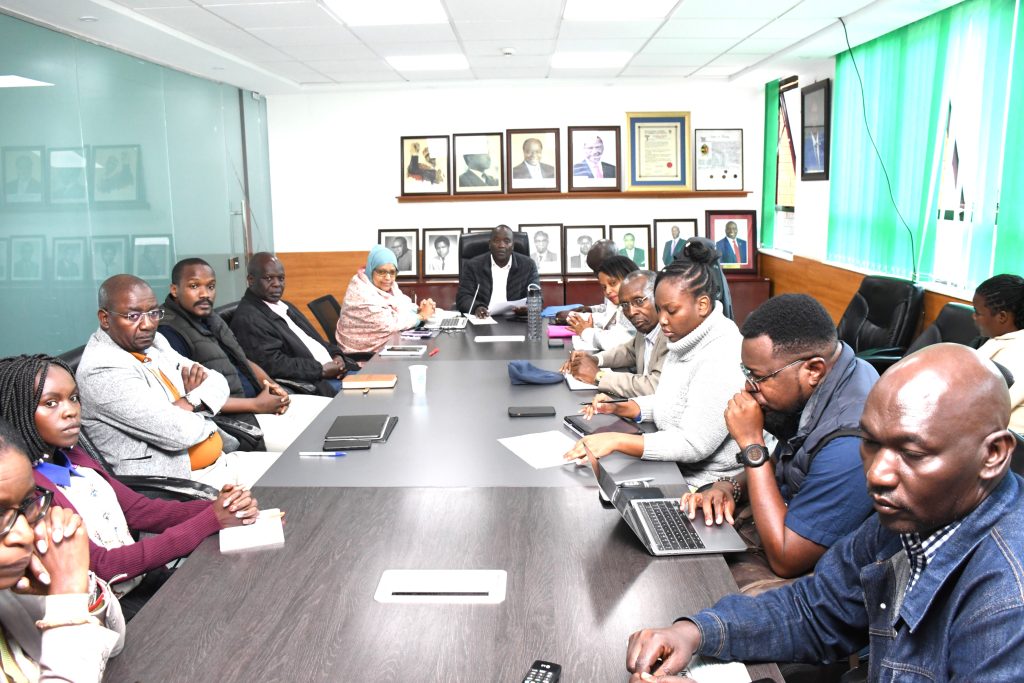 The Kenya National Chamber of Commerce and Industry (KNCCI), in collaboration with key stakeholders from the horticultural sector, convened a high-level meeting to address the growing challenges faced by Kenyan exporters in Asian markets while exploring new opportunities for sector expansion.
The Kenya National Chamber of Commerce and Industry (KNCCI), in collaboration with key stakeholders from the horticultural sector, convened a high-level meeting to address the growing challenges faced by Kenyan exporters in Asian markets while exploring new opportunities for sector expansion.
The meeting brought together fresh produce exporters, aggregators, agricultural organizations, and industry representatives dealing in avocados, macadamia, flowers, and other commodities.
Stakeholders highlighted several pressing challenges undermining Kenya’s competitiveness:
- Dubai Market Fraud: Exporters reported widespread cases of payment defaults and fraud linked to unverified importers and exploitative terms, resulting in significant financial losses.
- China Regulatory Barriers: Kenya’s exports continue to face costly fumigation requirements, extended shipping delays, and lengthy GACC registration processes that affect quality and raise costs.
- India Trade Discrimination: Kenyan avocados attract a 33% import duty, compared to Tanzania’s duty-free access, creating an uneven playing field.
- Systemic Quality Gaps: Persistent issues in post-harvest handling, cold chain management, and packaging continue to harm Kenya’s reputation in premium markets.
- Operational Bottlenecks: Inefficiencies at the Port of Mombasa and fragmented regulatory systems increase costs and delays for exporters.
Despite the challenges, the meeting identified several strategic opportunities:
- Market diversification into Malaysia, Singapore, and Indonesia.
- Leveraging the Chamber’s international networks in China and Dubai.
- Adoption of consortium models to strengthen risk-sharing and distribution.
- Establishing a Dubai Chamber office for importer verification.
- Expanding participation in international exhibitions and trade fairs.
The stakeholders agreed on a number of priority actions:
- Establish a verified importer database and make Chamber verification mandatory.
- Set up dispute resolution mechanisms to protect exporters from fraud.
- Push for regulatory reforms at Mombasa Port including single-window clearance, weekend/holiday operations, and expedited clearance for perishables.
- Challenge China’s fumigation requirements while fast-tracking EPA negotiations with India.
- Strengthen quality assurance through mandatory exporter training, improved packaging, and deployment of trained officers at ports.
- Secure Halal certification to unlock wider Asian Muslim markets.
Speaking at the meeting, KNCCI leadership emphasized the Chamber’s commitment to standing with exporters in navigating global markets.
“Kenya’s competitiveness in Asian markets can only be secured through stronger verification, quality assurance, and advocacy for fair trade terms. KNCCI is committed to leading these reforms and opening new doors for our exporters,” Richard Ndung’u – Chair, Asia Trade & Investment Promotion Committee noted.
Exporters pledged to adopt quality standards, participate in training, and explore collective marketing strategies to boost Kenya’s reputation as a premium supplier.
The Chamber will convene a follow-up meeting in October 2025 at KNCCI Headquarters with the participation of government agencies to finalize proposals and implementation strategies.
The meeting concluded with consensus that Kenya’s horticultural sector holds immense potential in Asia, but urgent action is required to combat fraud, improve quality, and strengthen market access. With coordinated efforts across the value chain, Kenya can position itself as a reliable and competitive supplier to the world’s fastest-growing markets.

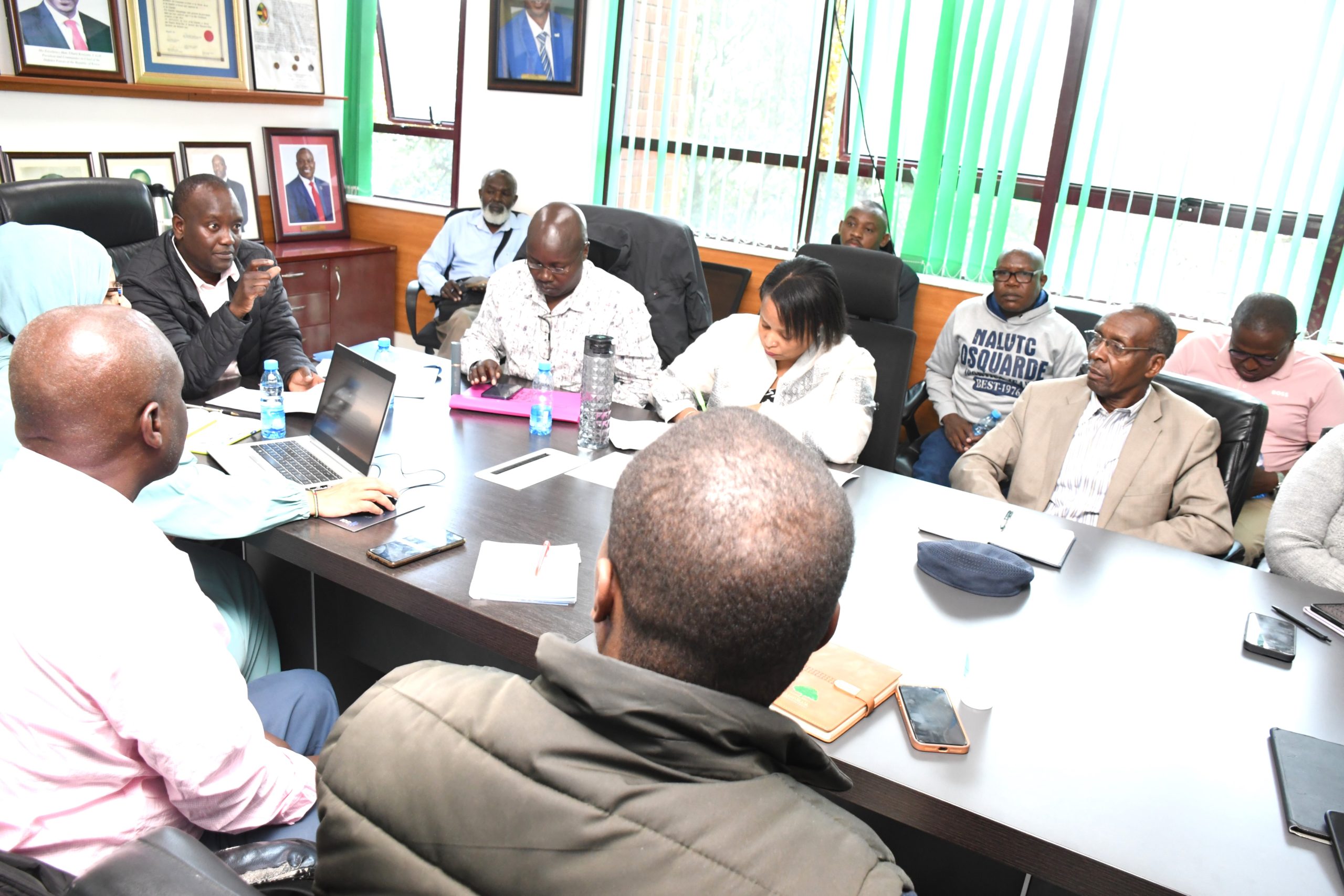

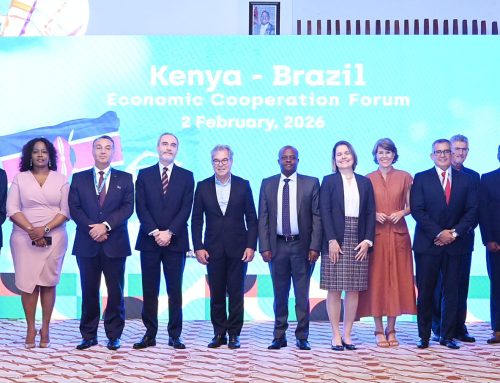
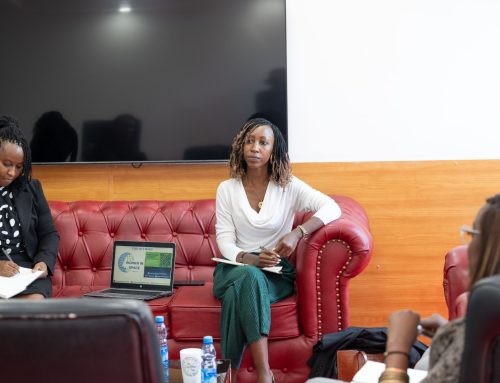
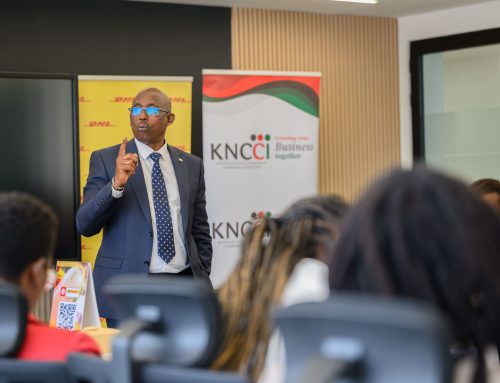
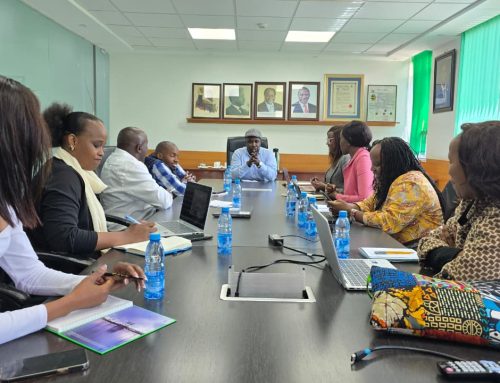
Leave A Comment